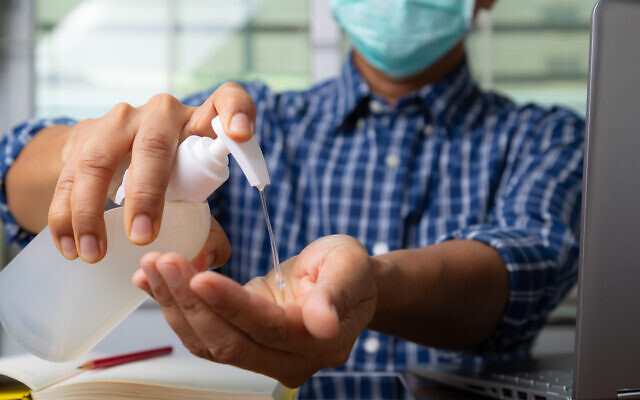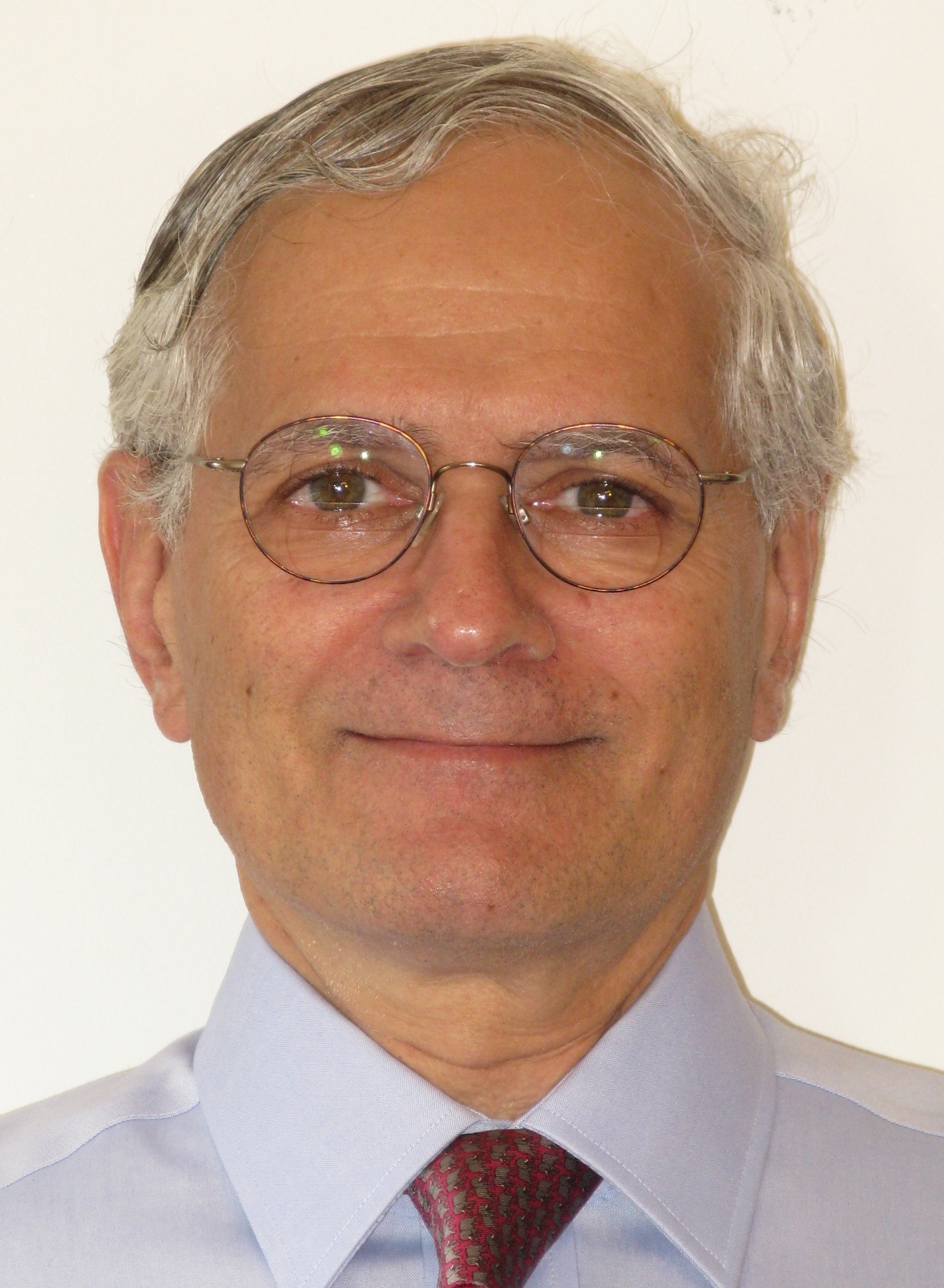Coronavirus and Our Immune System
Retired CDC epidemiologist shares medical insights about COVID-19.

Complying with health guidelines reduces the spread of virus. But how else can the public protect themselves while waiting for treatments and a vaccine for COVID-19? Dr. Bruce G. Weniger was an Epidemic Intelligence Service officer of the U.S. Centers for Disease Control and Prevention in parasitic diseases and then became a career medical officer involved in epidemic investigation and training, HIV/AIDS research in Asia, and needle-free vaccination technology. He retired in 2010.
Here he shares his expertise about the virus and offers advice to prevent it.
Tartour: Since December, some died, some survived, some had mild symptoms, and some none at all. Are we unequally facing the coronavirus?
Weniger: Our knowledge about this new disease keeps growing remarkably since its appearance. And I am sure that what we think we know now about the virus and its effects is far less than what remains to be learned (and “unlearned”) in the months and years ahead.
For example, as with some other diseases, there may be subtle genetic differences between people that result in differing degrees of susceptibility to becoming infected, or if infected, for how severe the disease will be. Obviously, this is not something even modern medicine can change.
More likely is that getting infected, and how severely, may depend on how much virus is breathed in or introduced by one’s fingers to mouth or nose. The more virus breathed in, the more severe or more prolonged may be the illness. This is another good reason that a mask, even a homemade one, helps, I believe, both the wearer and others around.
Quite certain is that severe COVID-19 illness and death are more likely, statistically, with higher age and its infirmities. Elderly immune systems are less robust than in the young. This is why the CDC recommends those age 65 or older receive a “high-dose” influenza vaccine (Fluzone HD®), or one “adjuvanted” to make it stronger (FLUAD®), than regular flu vaccines for the younger population. I want my arm to be a bit sore after any vaccine, as reassurance my immune system was suitably awakened.
Tartour: Are food supplements effective to strengthen and protect us against the COVID-19 epidemic?
Weniger: In a word, “no.” As a scientist I laugh when I see advertisements for all sorts of nutritional supplements making claims for better “immune health” or “brain function.” If you can read the fine print on a big screen TV before it disappears, ads will state that its claims have not been evaluated by the FDA, and the product “is not intended to diagnose, treat, cure or prevent any disease.” Such claims would violate FDA law. No rigorous clinical trials could ever be conducted to FDA standards to prove these products are any better than a sugar-pill placebo.
A few have had harmful ingredients. Many are the snake oils and toad slime of centuries past in modern form!
Everyone’s immune system works by itself, to the best of its ability, without human intervention, to ward off germs, most harmless, that enter us in food, drink or breath. Severe malnutrition and some drugs, such as steroids and cancer treatments, can weaken the immune system. But there exist no drugs proven to strengthen the immune system in general. There do exist vitamin deficiencies detectable by lab tests that may be treated by pills recommended by doctors. But one’s diet must be extremely deficient to have such diseases of malnutrition such as scurvy (vitamin C deficiency), pellagra (B3, niacin), rickets (D), kwashiorkor (protein), among others. A diverse diet with protein, fruits and vegetables obviates most any need for vitamin supplements.
Tartour: What about exercise, good sleep, avoiding stress?
Weniger: Both common sense and some scientific evidence suggest that exercise, a good night’s sleep and less stress are good things for one’s general well-being. Stress, of course, is hard to avoid in some important occupations, and in unfortunate family situations.
Tartour: What about managing stress by medication, journaling, yoga?
Weniger: Such activities seem to help some people and are quite benign.
Tartour: This virus is shaking up beliefs in our personal safety, economic security, personal relationships, and our survival itself. What does this global phenomenon teach us?
Weniger: First of all, our world is a global village, and borders and walls cannot protect us. A new or existing disease occurring most anywhere can fly silently within travelers to most everywhere on the planet within a day or two. Another lesson is our civic responsibility to others, as much as to ourselves. Thus, wearing a mask, washing hands regularly, covering nose and mouth when sneezing, maintaining distance from others, and so on are signs of loving-kindness for fellow citizens of the human race, chesed (חֶסֶד) in Judaic teaching.




comments